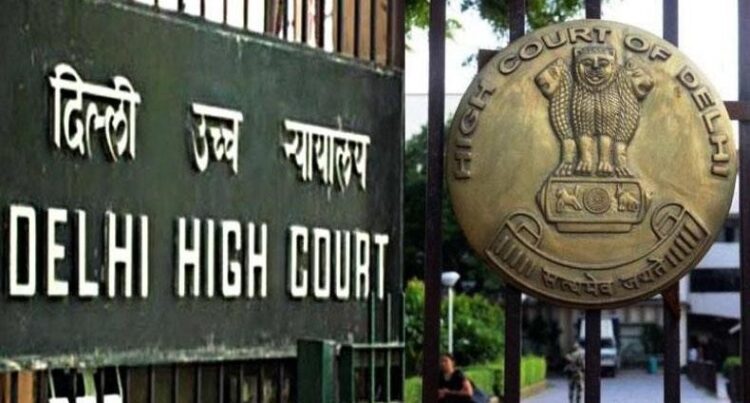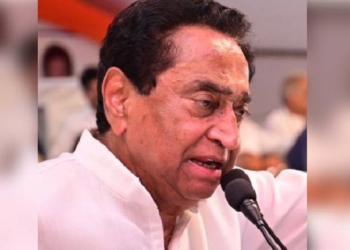New Delhi: The Delhi High Court on Friday upheld the decision of Income Tax (I-T) authorities to transfer the tax assessments of Congress leaders Sonia Gandhi, Rahul Gandhi, Priyanka Gandhi Vadra, and the Aam Aadmi Party (AAP) from faceless assessment to its Central Circle.
Under faceless assessment, proceedings are conducted electronically without any physical interface between the taxpayer and the tax official. The taxpayer is required to submit the required documents and information online.
A division bench of Justices Manmohan and Dinesh Kumar Sharma passed the order as it dismissed a bunch of pleas.
A copy of the detailed order is awaited.
Observing that the transfer was in accordance with law, the court also dismissed petitions by the Sanjay Gandhi Memorial Trust, Rajiv Gandhi Foundation, Rajiv Gandhi Charitable Trust, Young Indian and Jawahar Bhawan Trust — non-profits associated with the Gandhi family.
“The parties are free to raise their contentions before the appropriate statutory authority,” the bench said.
The Gandhis and the non-profits had challenged the Income Tax Principal Commissioner’s order issued to transfer their cases for the assessment year 2018-19 to the Central Circle.
Their (Gandhis) case is that their assessments were transferred based on the “search and seizure” in arms dealer Sanjay Bhadari’s case, but they have nothing to do with him.
It was their argument that rarely any cases go out of faceless assessment and even then, they are marked to the concerned assessment officer, not the Central circle.
The court, however, said that the transfer of their assessment to the Central Circle was for a coordinated investigation.
“In view of the foregoing observations, the writ petitions along with pending applications are therefore dismissed without no orders as to cost,” the bench said.
Appearing for the Gandhis, senior advocate Arvind Datar contended that faceless assessment is the rule because it avoids human contact and the scope of unhealthy practise.
According to the AAP, the I-T Department’s decision was “arbitrary and unreasoned” violating statutory provisions.
They argued that there was no reason to transfer their assessment as their is no investigation pending against them.
(IANS)

















